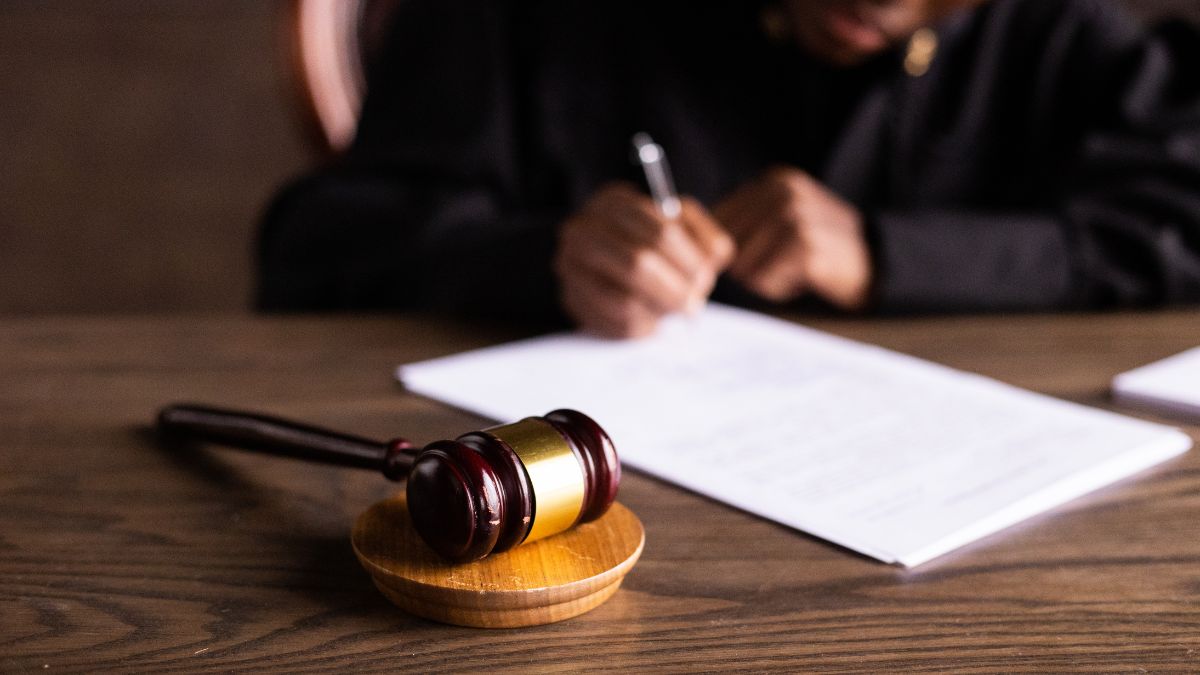Photo: Pexels
Illinois is now the first state in the country to eliminate the cash bail system under the Pretrial Fairness Act, which is part of the SAFE-T Act. This new law went into effect on Monday morning. Here’s what you need to know about this controversial law.
What does the Illinois Pretrial Fairness Act do and not do?
The Pretrial Fairness Act eliminates the use of the money bond. It also makes it that anyone is eligible for pretrial release.
After an arrest, individuals will go to an initial hearing before a judge. The judge considers the offense, evidence, defendant’s history and risks for setting the conditions for detaining or releasing the individual. They may use a risk assessment tool and assess existing conditions.
Defendants may be released with judge-imposed conditions or held in jail, with a presumption of release in most cases, except for detention-eligible offenses or where there is a high flight risk.
In essence, it ensures legal representation before the first appearance. For detention-eligible offenses, the State’s Attorney can request a hearing for release or determine that someone be apprehended.
The new law does not call for the automatic release of individuals charged with serious, violent felonies like murder, robbery, aggravated battery or burglary.
It also doesn’t prevent police officers from arresting and removing individuals who pose a threat to the community, others or themselves on private property. Officers also retain discretion in defining what those public safety risks are. Law enforcement can also act if someone released on electronic monitoring violates the terms, like missing a court hearing.
Why the Pretrial Fairness Act Exists?
The Prison Policy Initiative reports that over 400,000 people are awaiting trial and considered innocent until proven guilty in Illinois and across the country. Many are in jails like Cook County because they can’t pay bail, while others are detained due to probation, parole, or immigration holds. This number has almost quadrupled since the 1980s.
Black, Brown and poor communities are impacted the most under the money bail system. Proponents say that the prior system also criminalizes those who are poor. Opponents believe it will threaten public safety with the mandated pretrial release of potentially dangerous individuals into the community.
Ultimately, the Pretrial Fairness Act aims to reverse the trend of mass incarceration.




